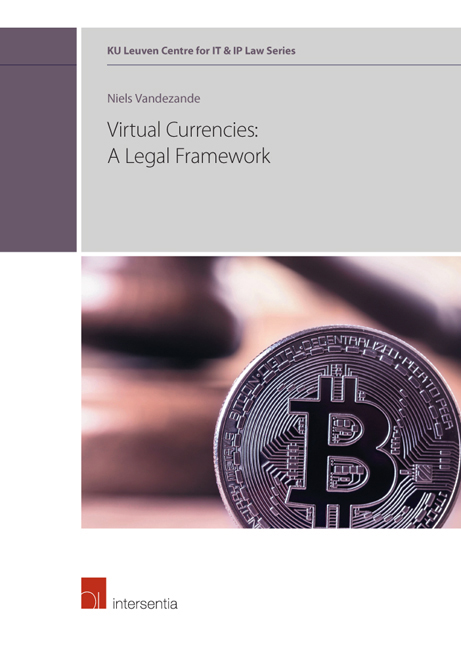Book contents
Chapter II - Elements of Trust
from Part I - Conceptual Analysis
Published online by Cambridge University Press: 13 October 2018
Summary
ELEMENTS OF TRUST
INTRODUCTION
A COMMON NOTION… –The notion of trust is widely used in everyday language. Interpersonal relationships – be it friendship or romance – are in great part based on mutual trust. When parties enter into a legal relationship, they will have to trust each other at least to certain extent. While contracts can be used to ensure that all parties will duly carry out their responsibilities under such a legal relationship, it is clear that most parties like to avoid having to turn to the contract and potential litigation as a means of enforcing performance. When new services are introduced – such as e-commerce services or a new social media platform –one of the core questions potential users face is whether they trust the underlying service provider. The matter of trust has especially become important in the era of so-called Big Data, where service providers maintain a myriad of their users’ personal data. The same is true for virtual currency services. As noted in the previous chapter, one driver behind the development of cryptocurrencies was distrust in traditional financial system market players – such as banks. In the case of cryptocurrencies, the decentralized blockchain technology provides cryptographic proof of its operations, rather than requiring users to trust one particular party. In turn, cryptocurrencies do require their users to trust the underlying technology. Such trust may not come automatically, as it has already been proven that the blockchain technology could be abused. As a result, cryptocurrencies – and virtual currencies at large –will have to prove worthy of their users’ trust. Trust, in other words, is imperative yet must be earned.
…yet posing conceptual difficulties – Despite the seeming familiarity with the notion of trust, it may prove difficult to clearly define this notion. Even in scientific discourse on trust, the concept has been described in terms ranging from “elusive notion ”,over “confusing potpourri ”, to “conceptual morass ”. Different scientific disciplines employ a variety of interpretations of the trust notion. In order to gain a clear understanding of what precisely constitutes trust and what the implications of that constitution are to virtual currencies, this chapter will first focus on analyzing the notion of trust on an abstract level.
- Type
- Chapter
- Information
- Virtual Currencies: A Legal Framework , pp. 89 - 136Publisher: IntersentiaPrint publication year: 2018



